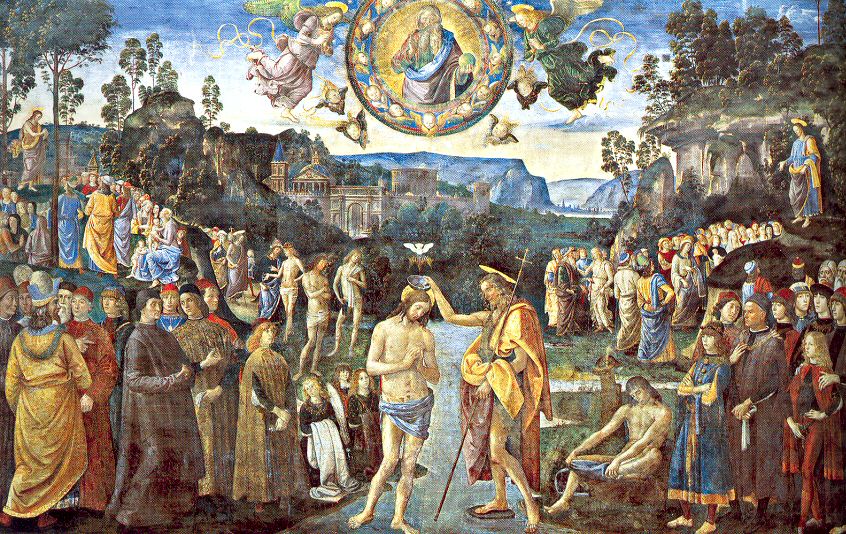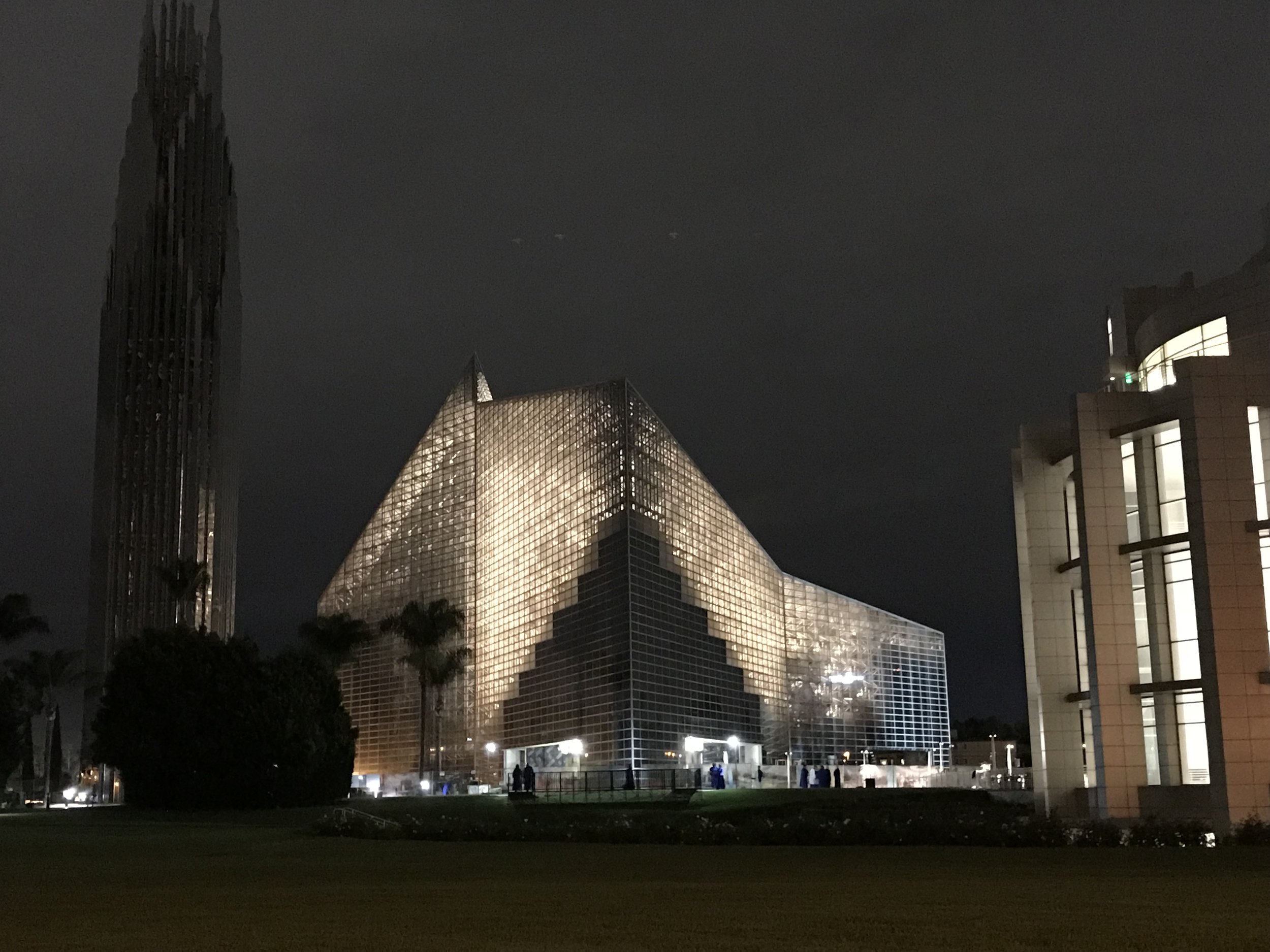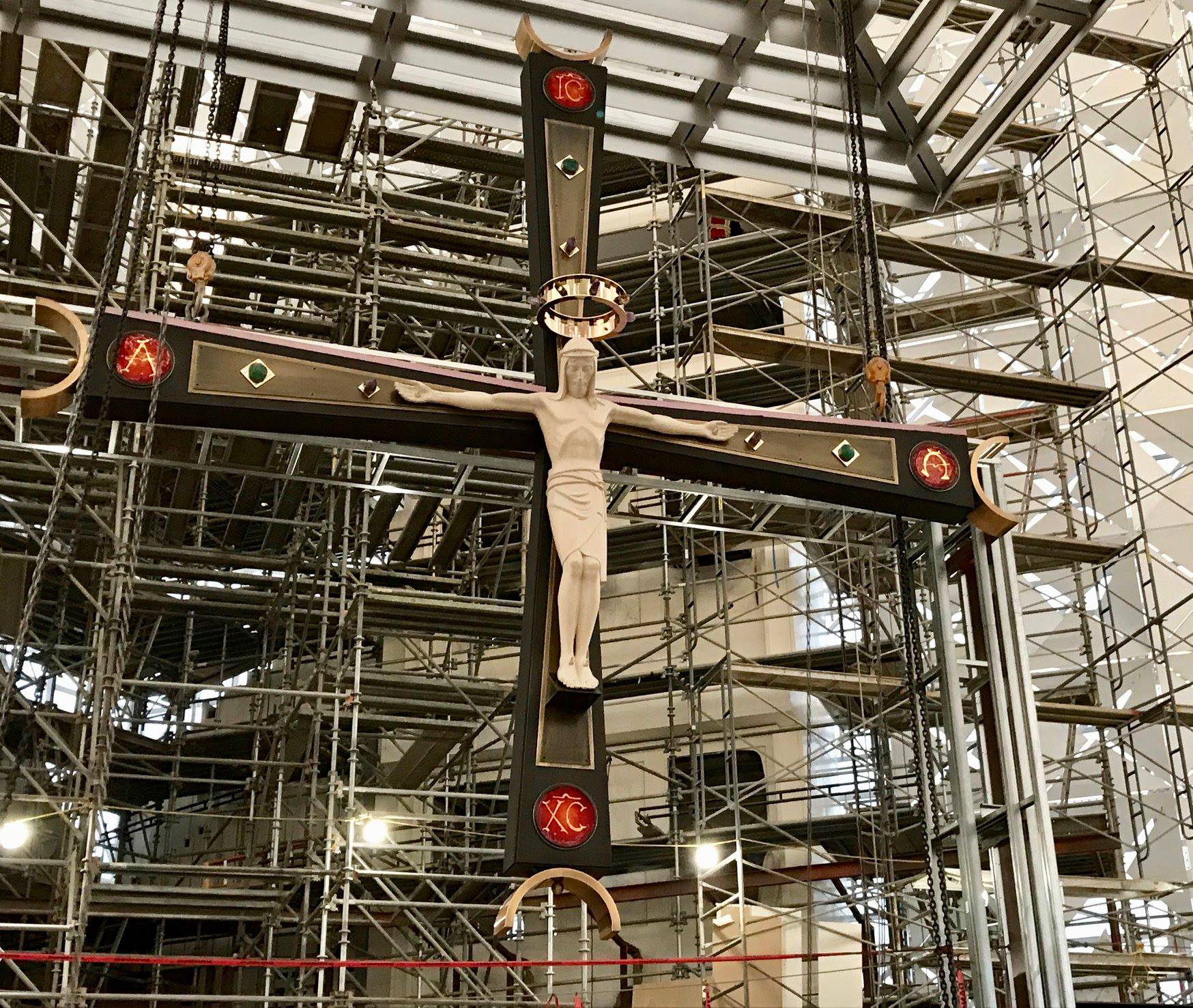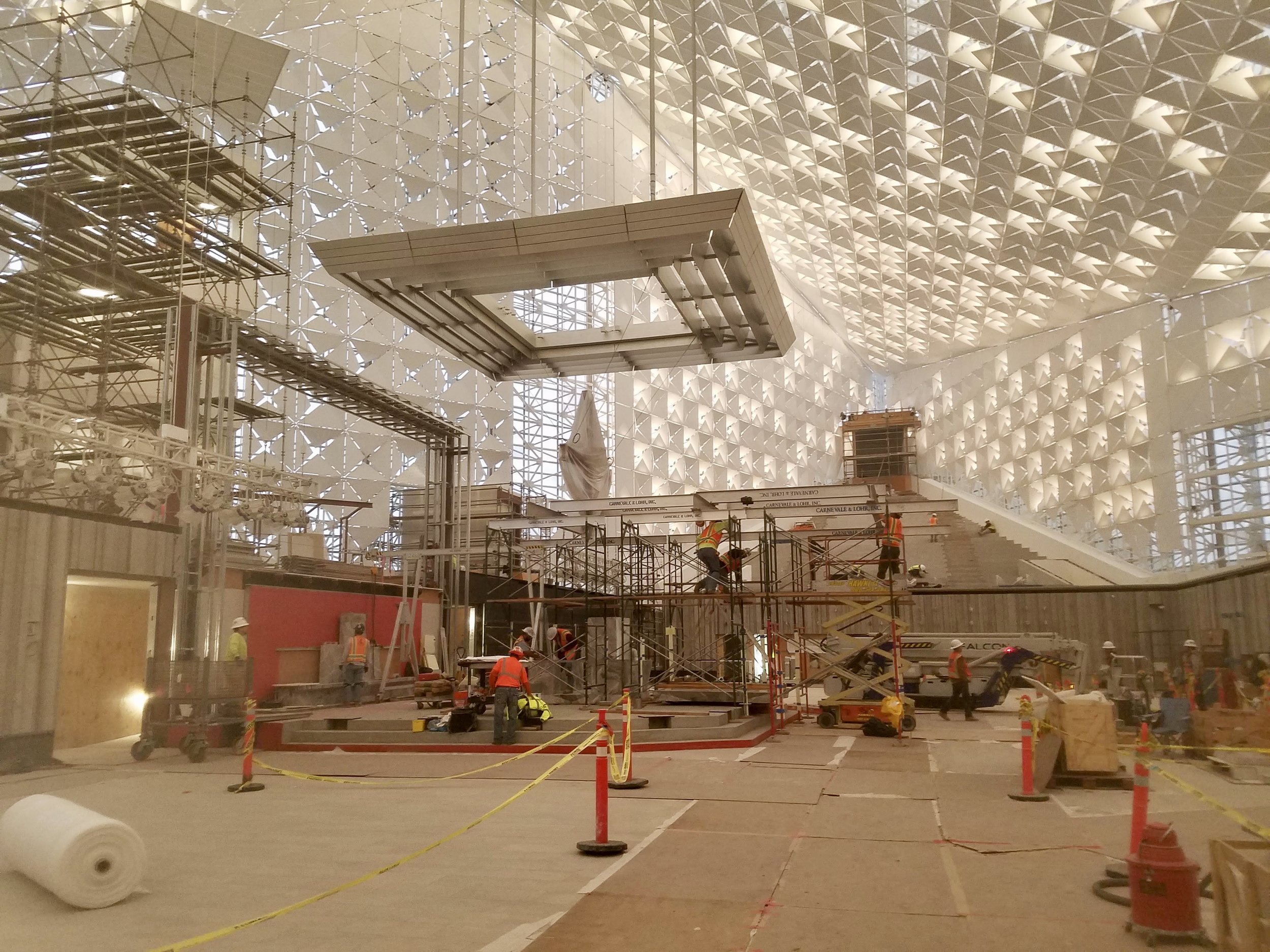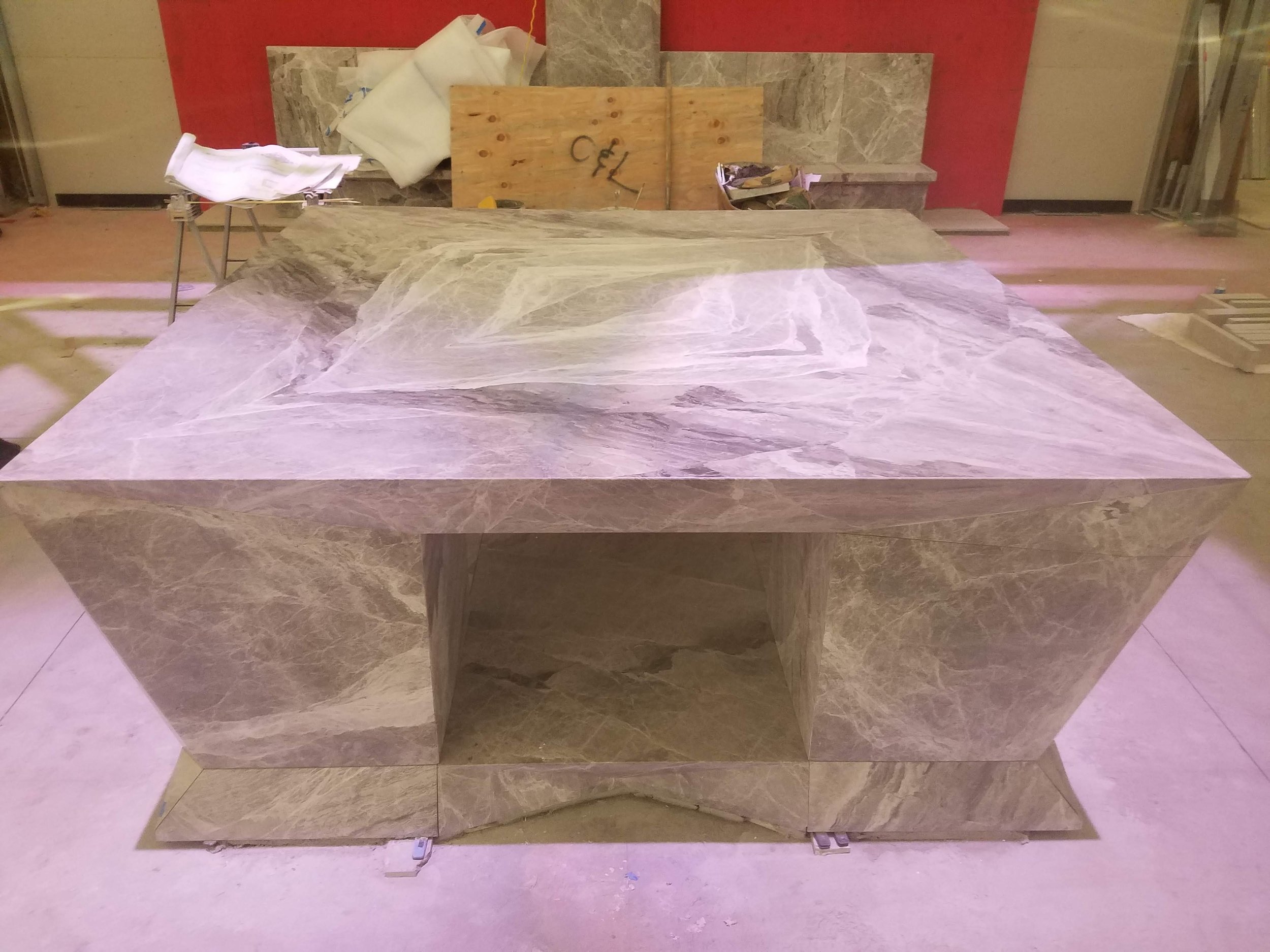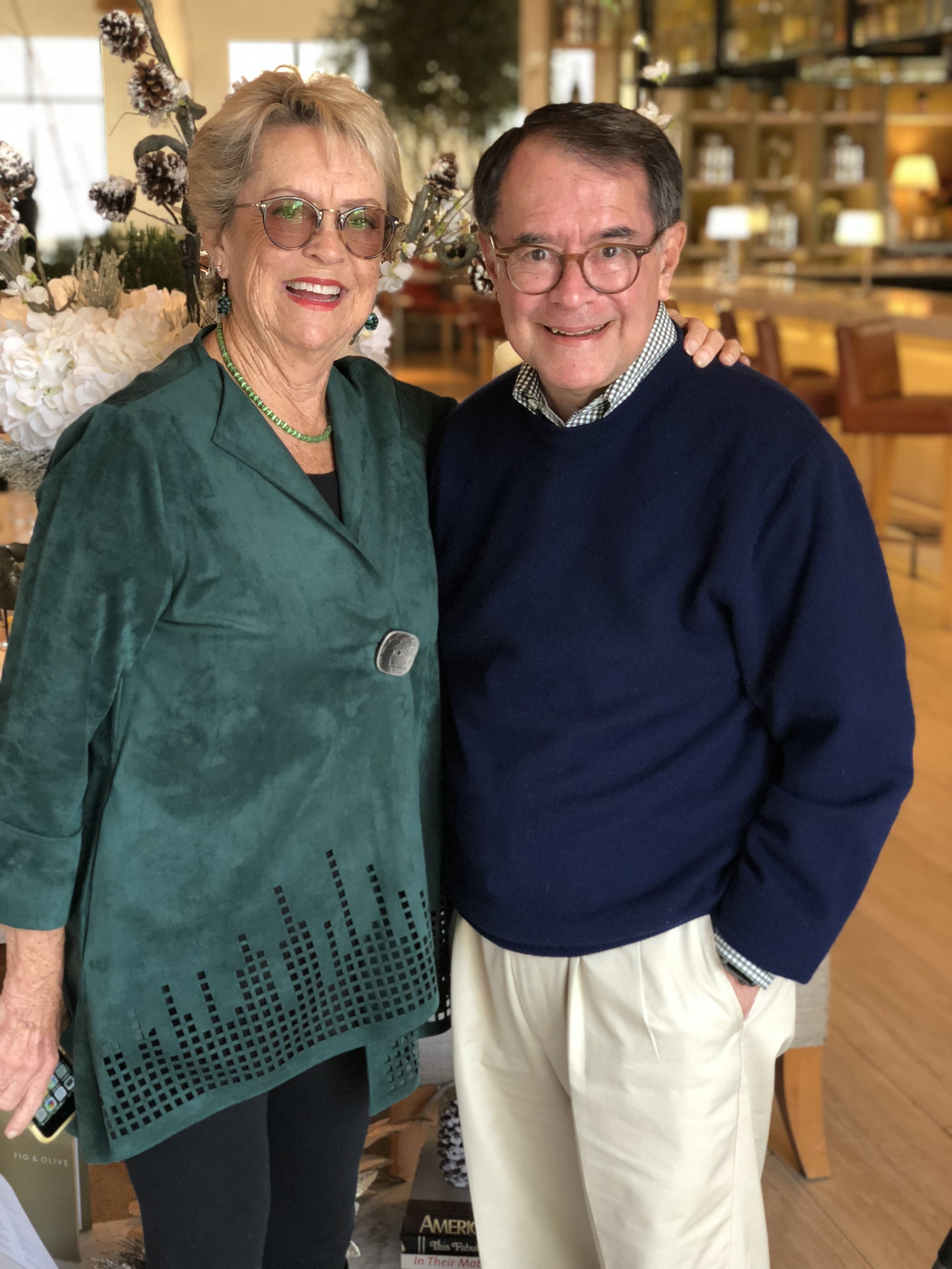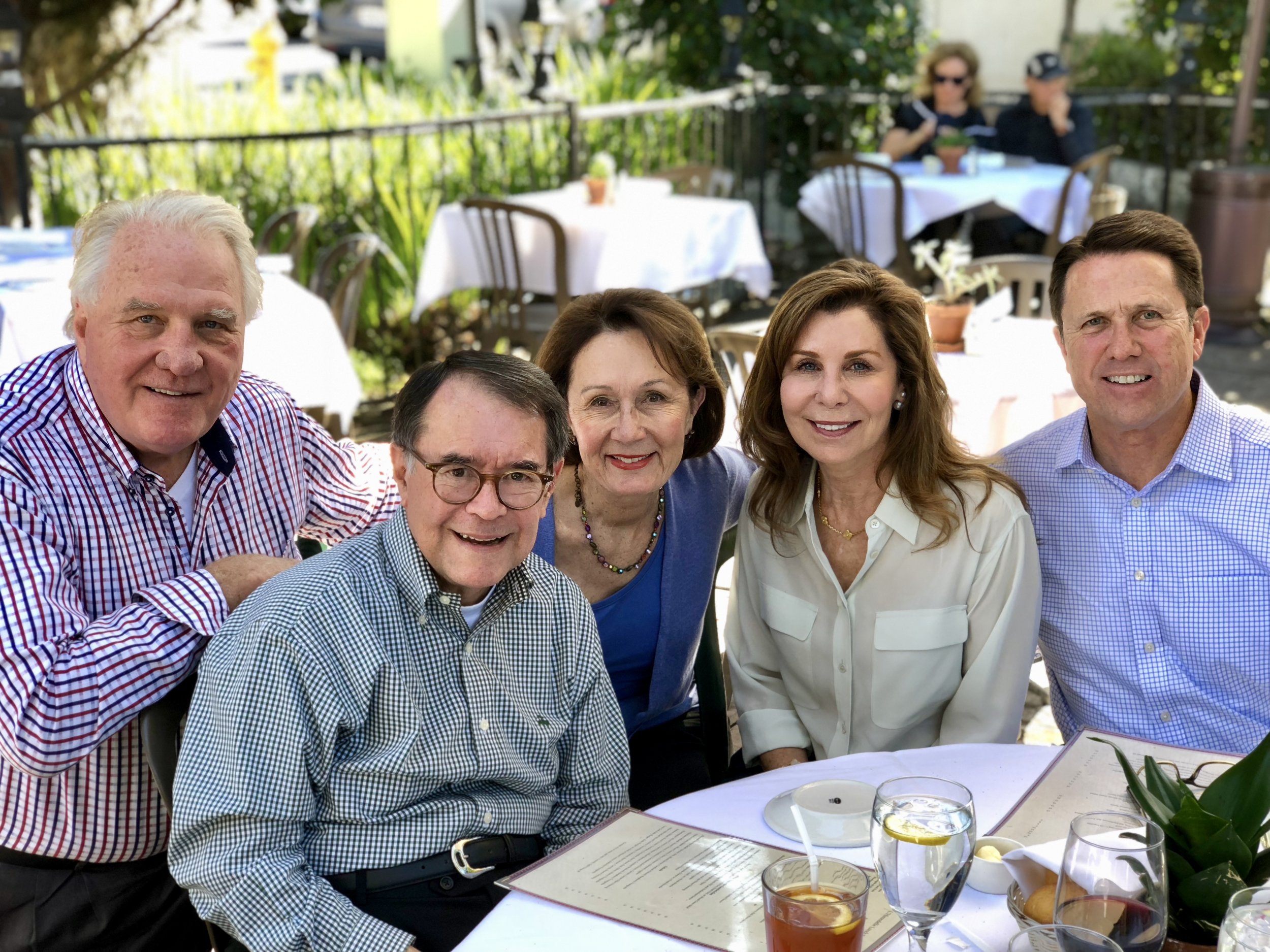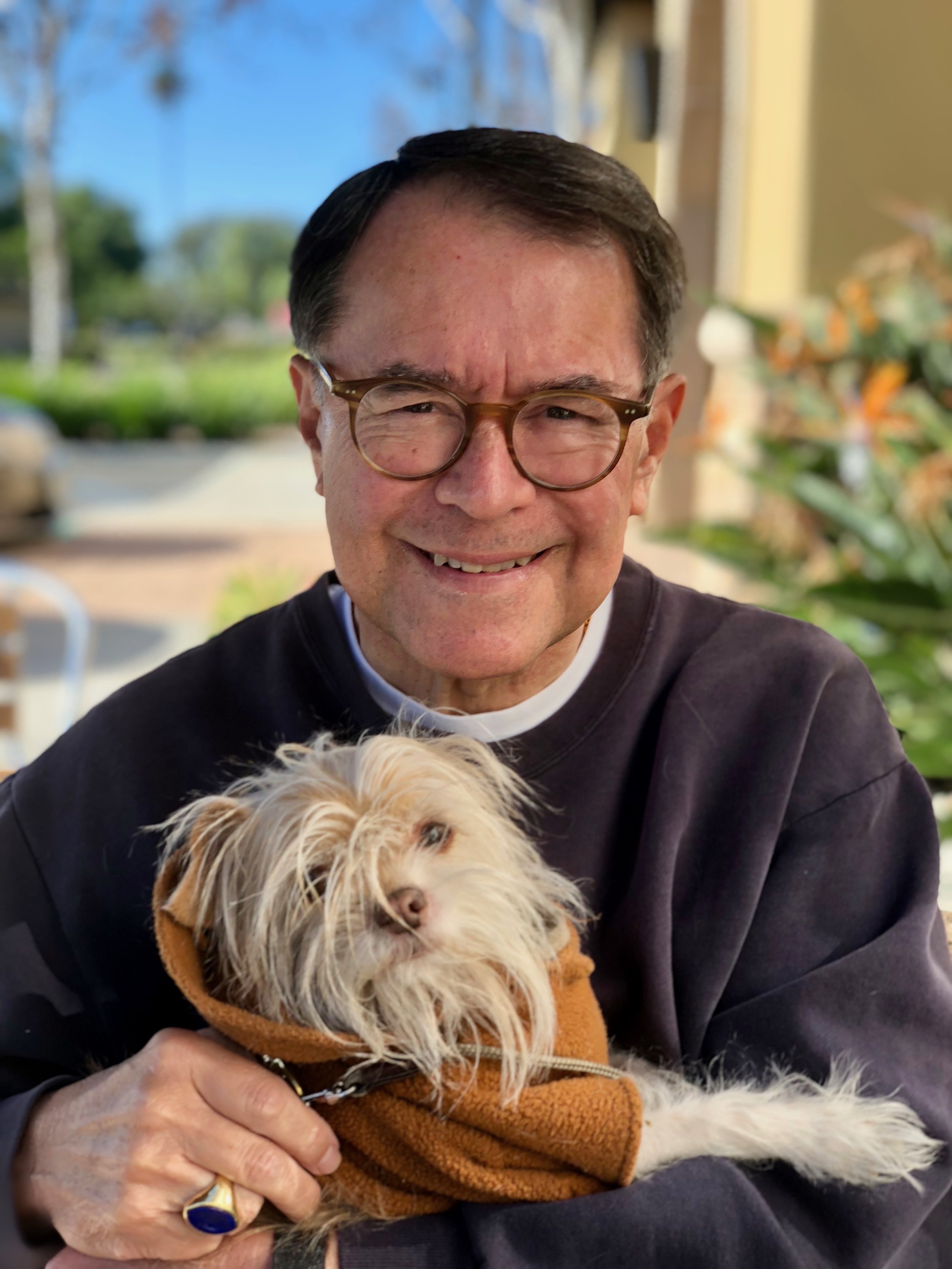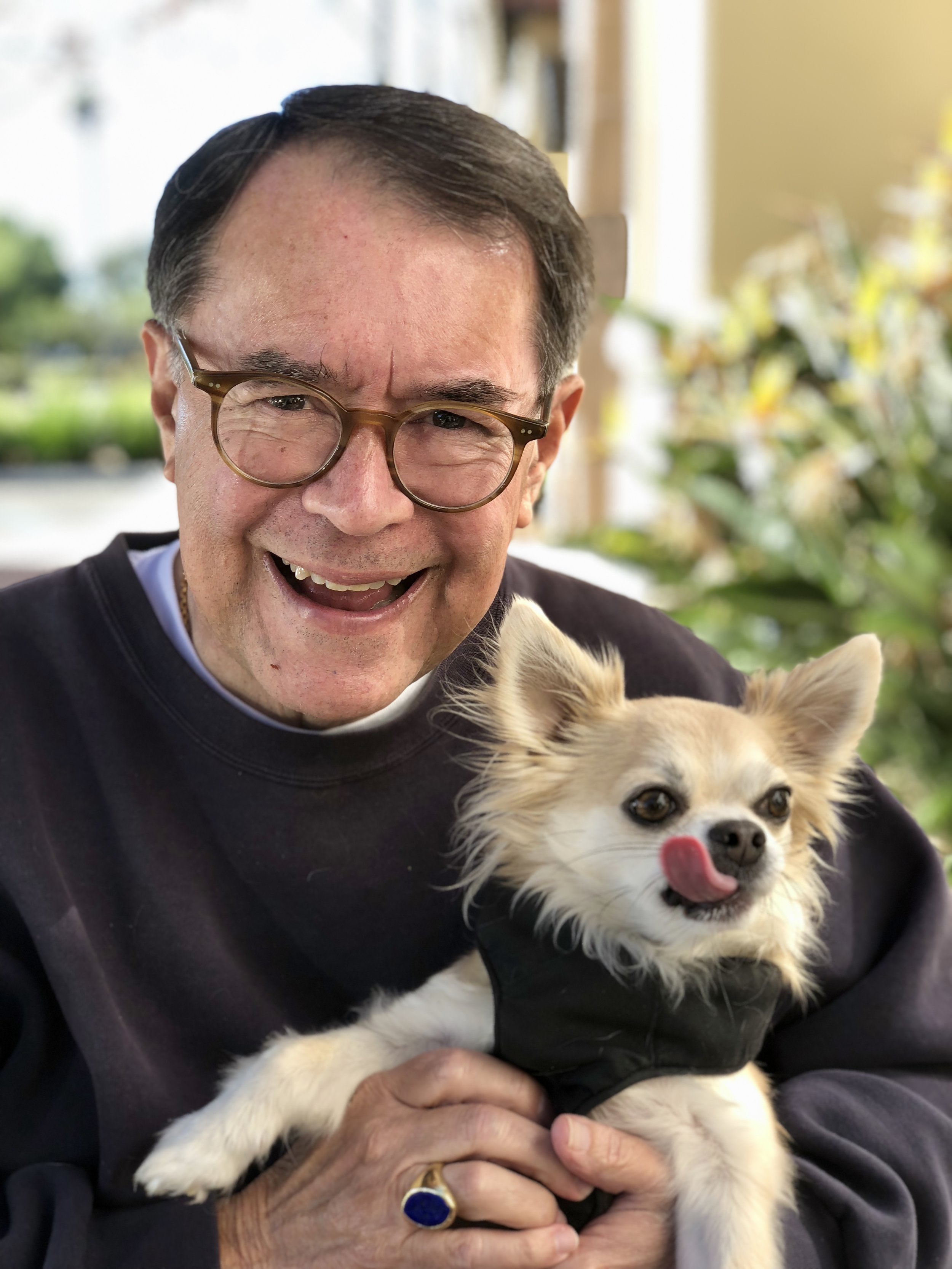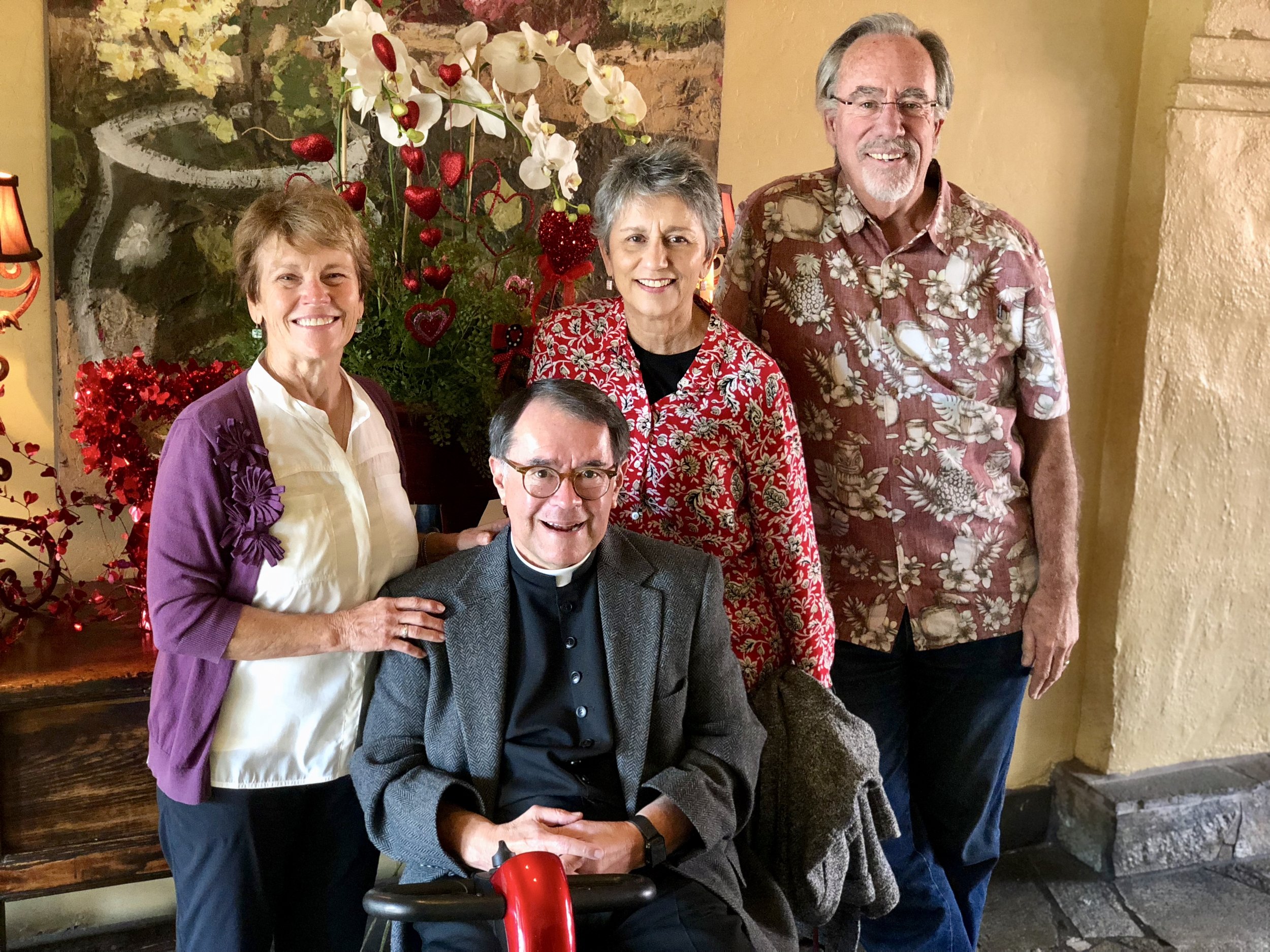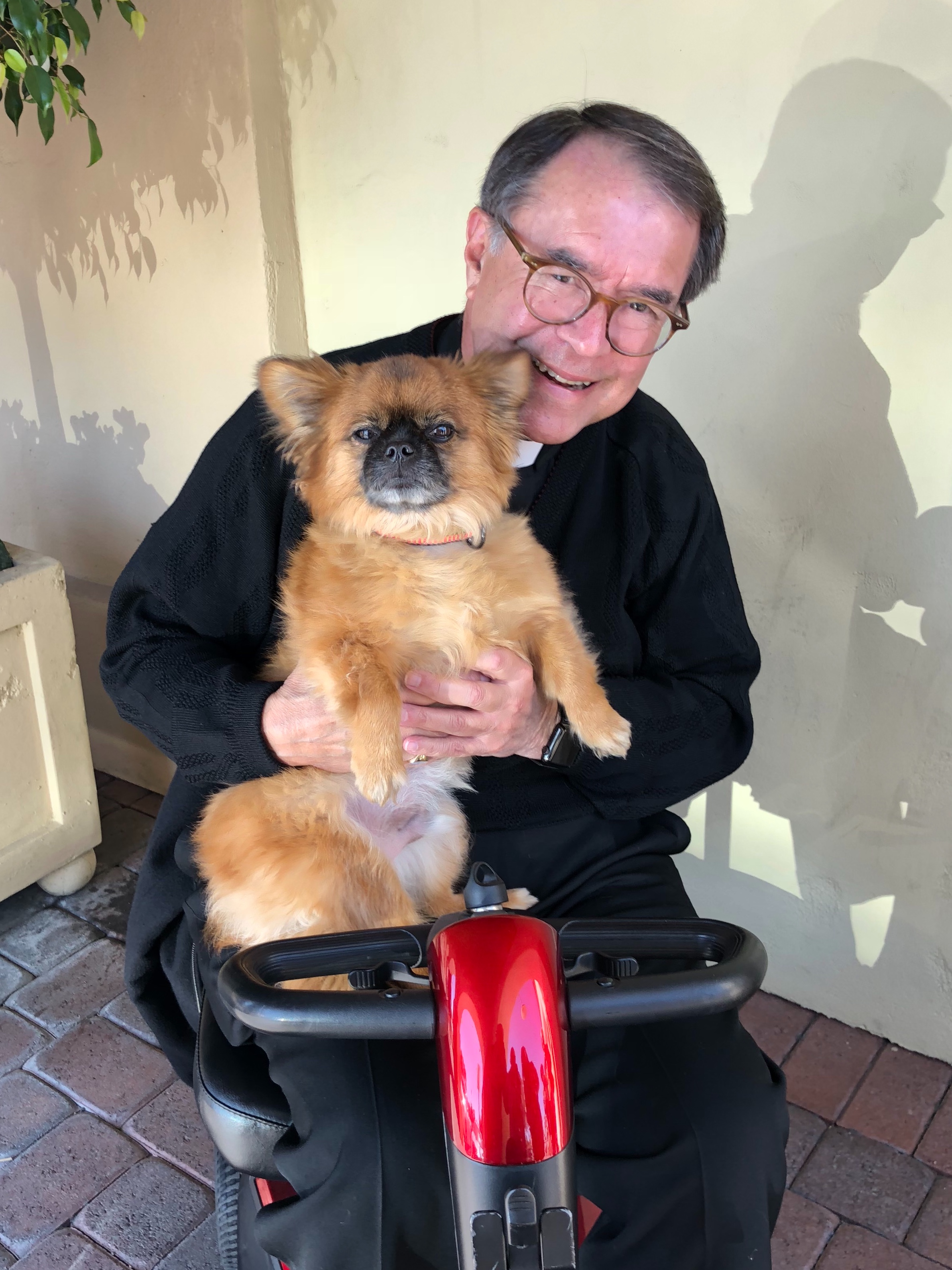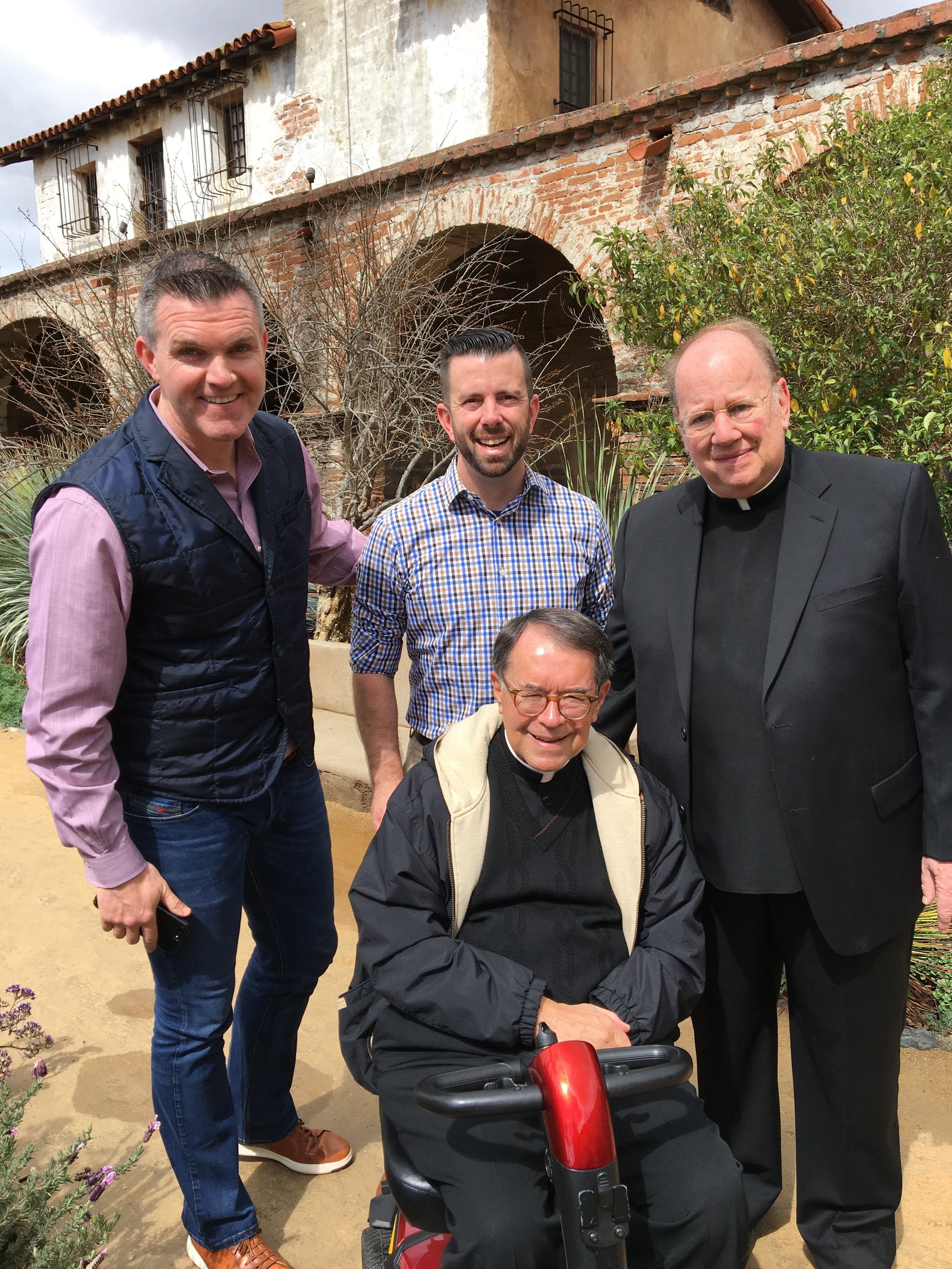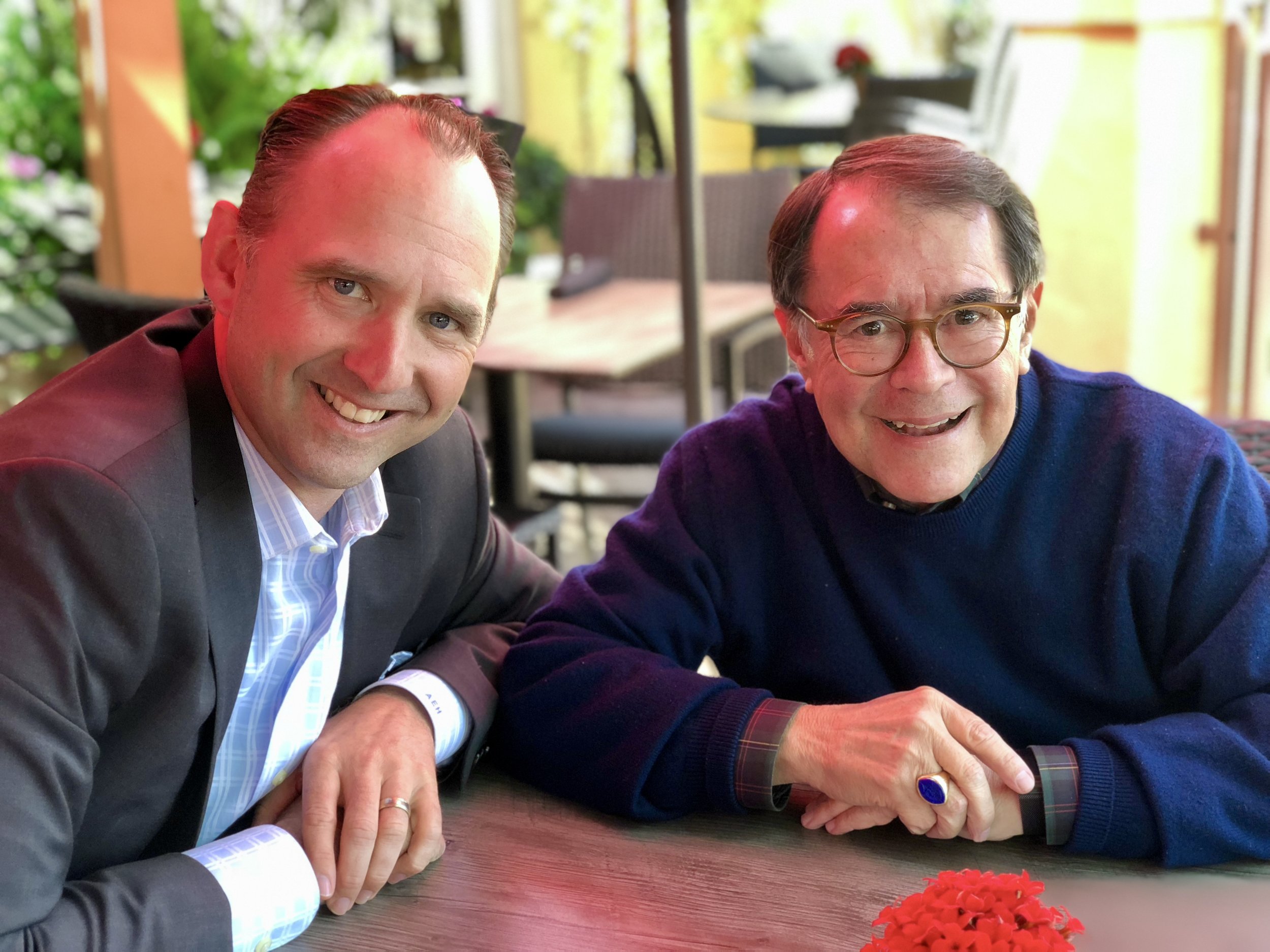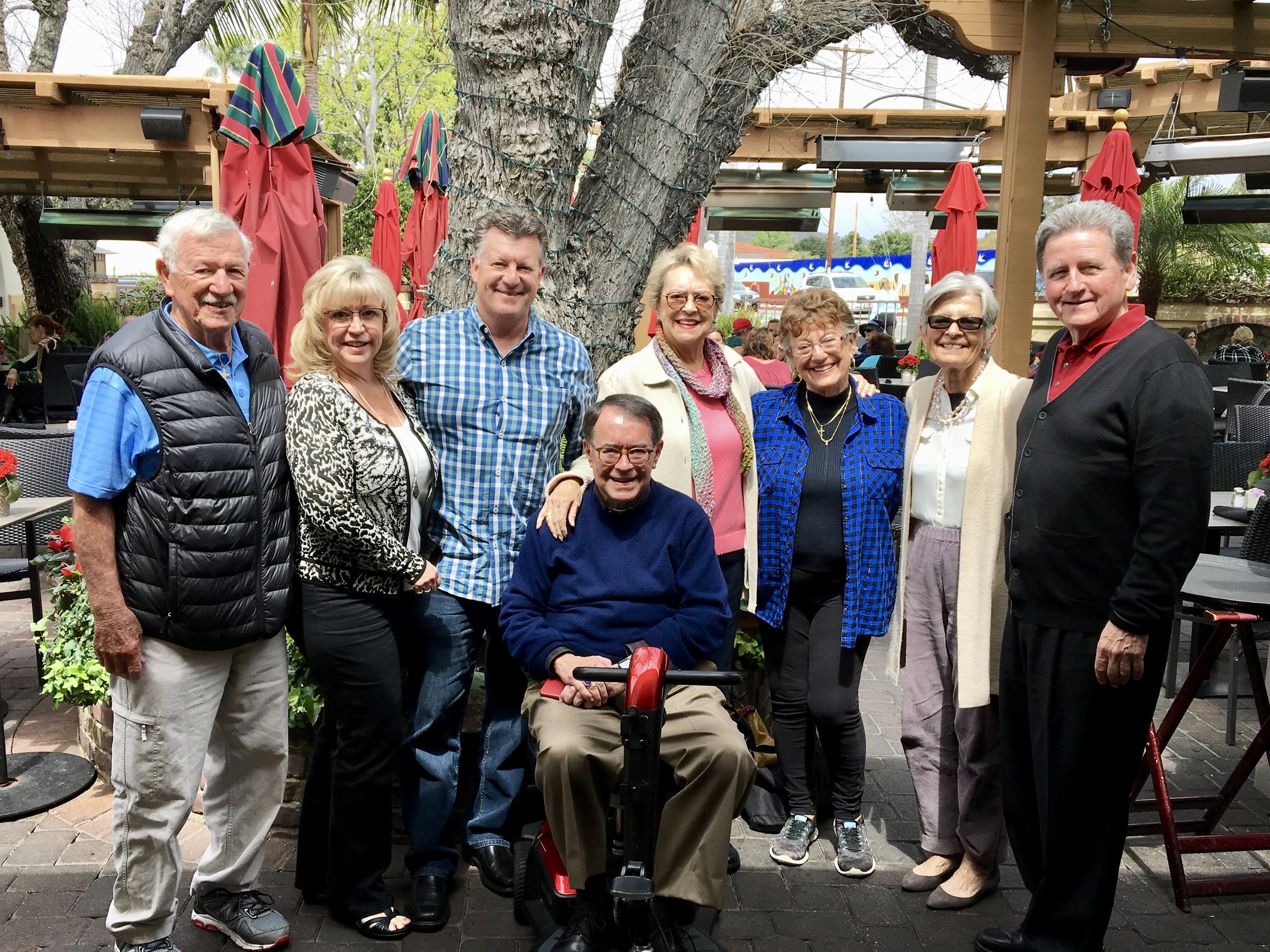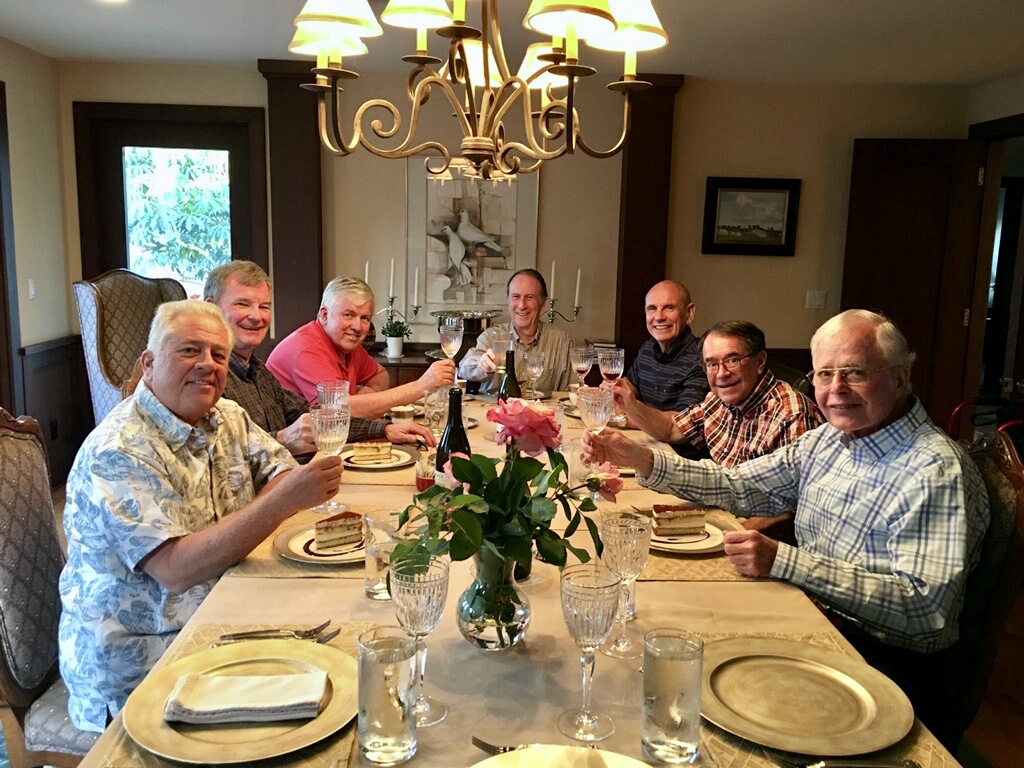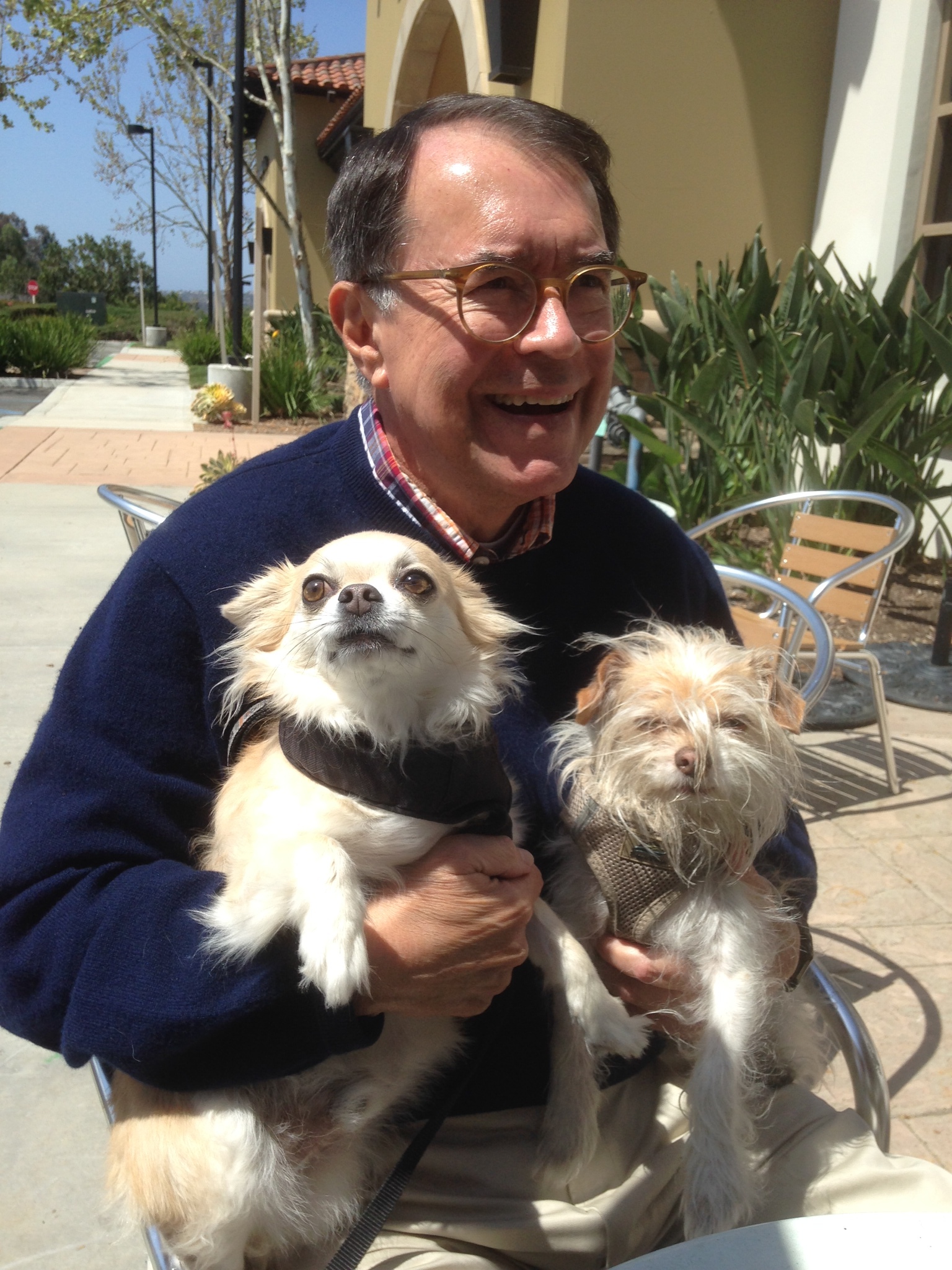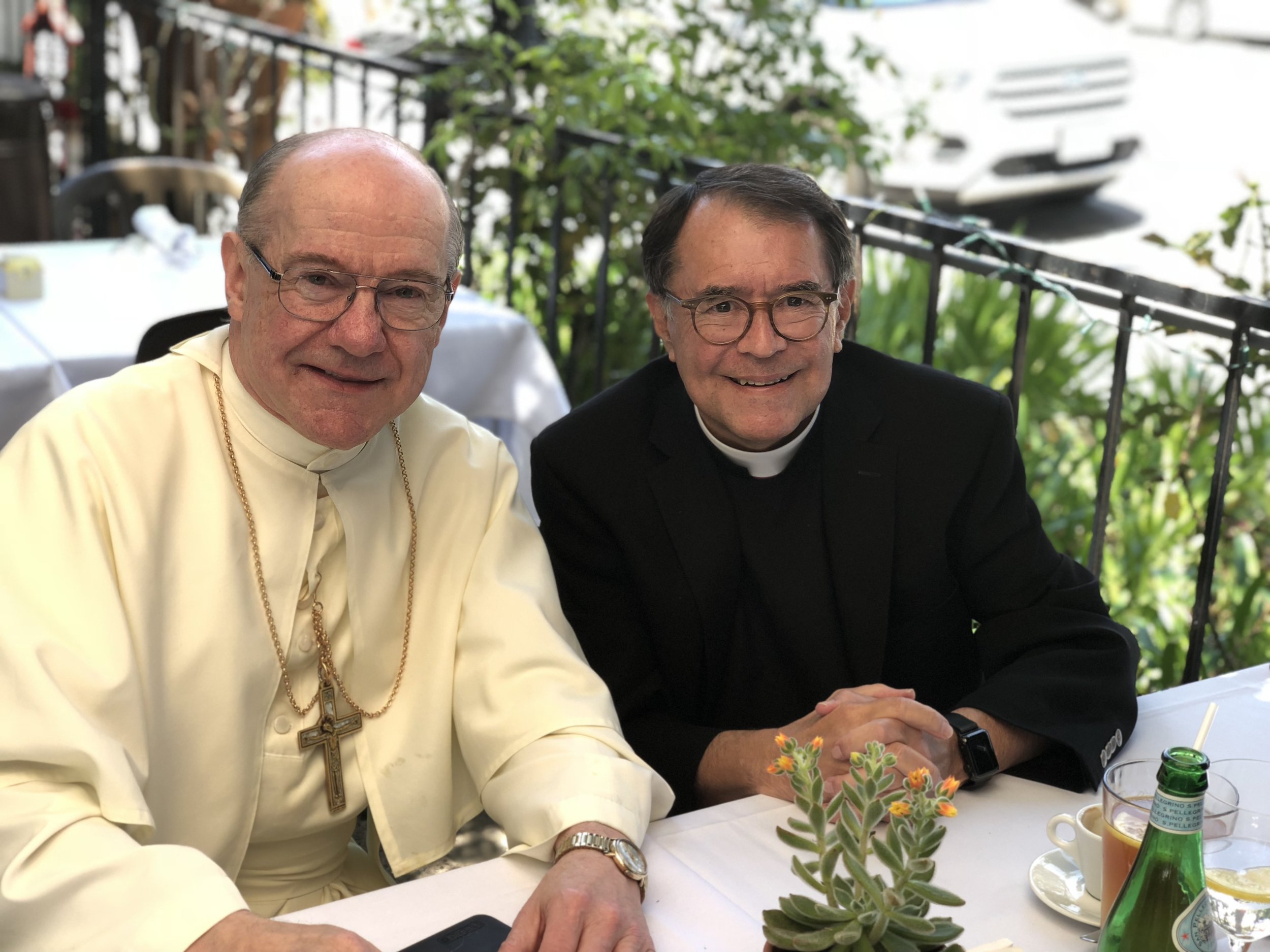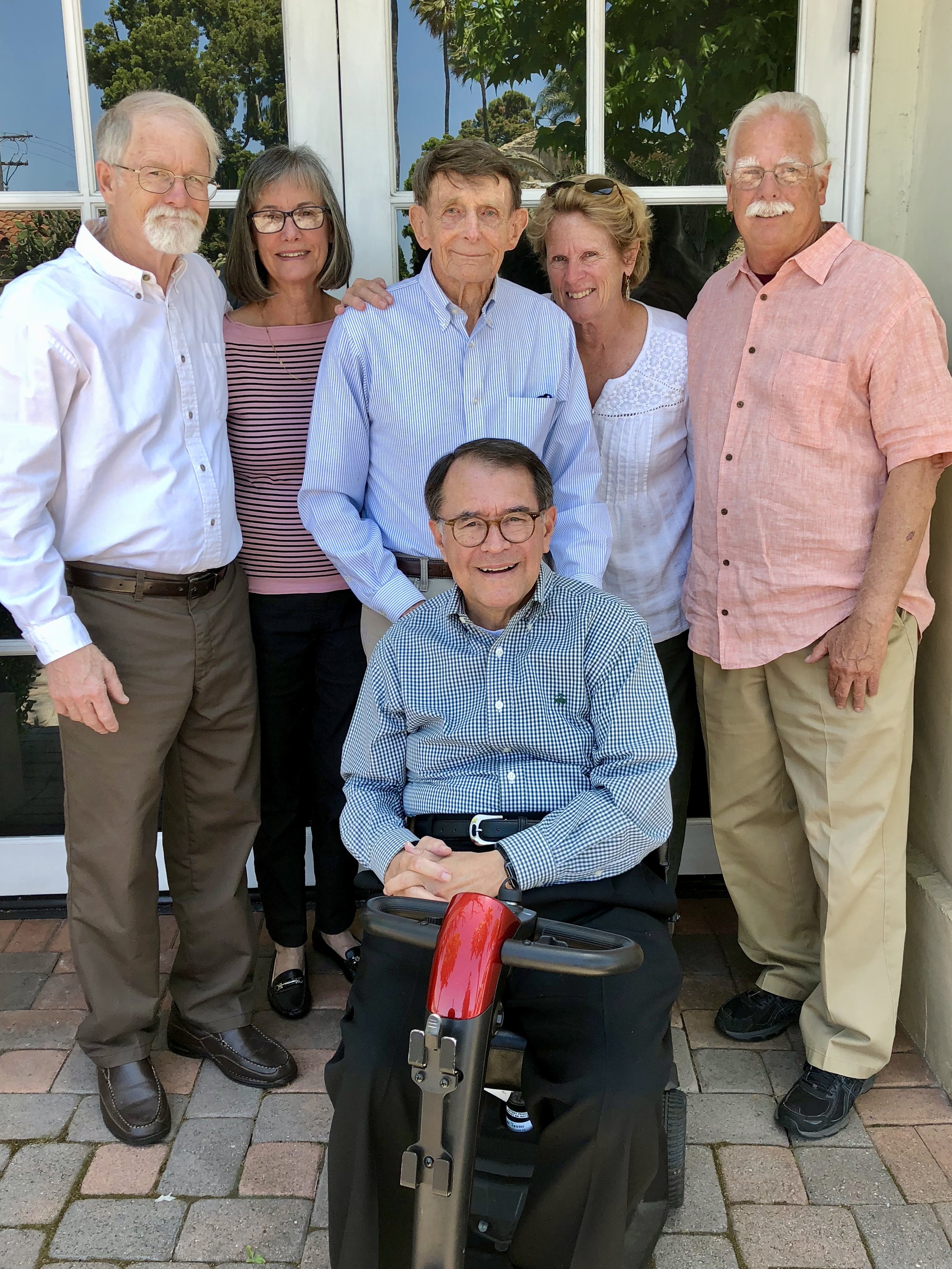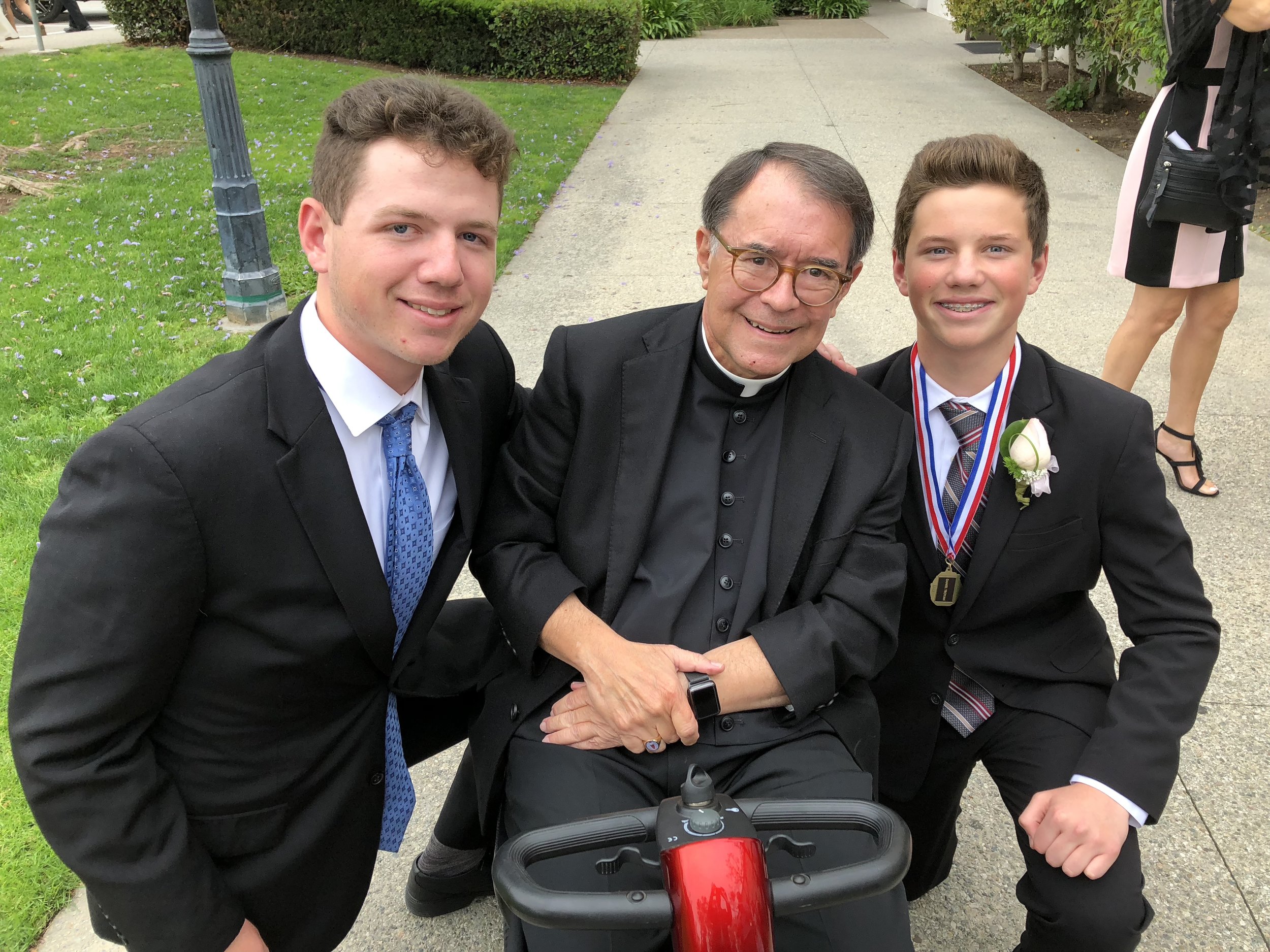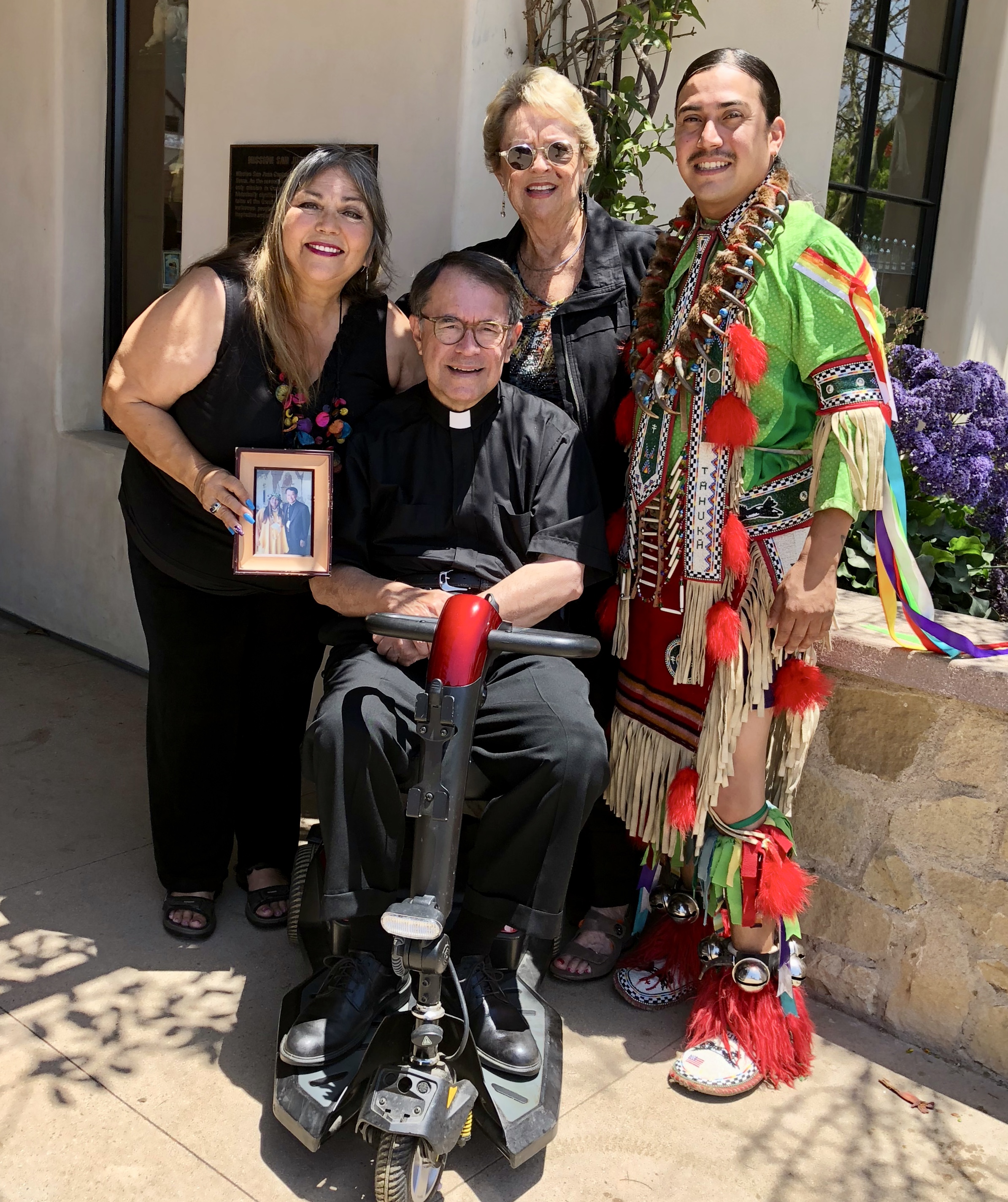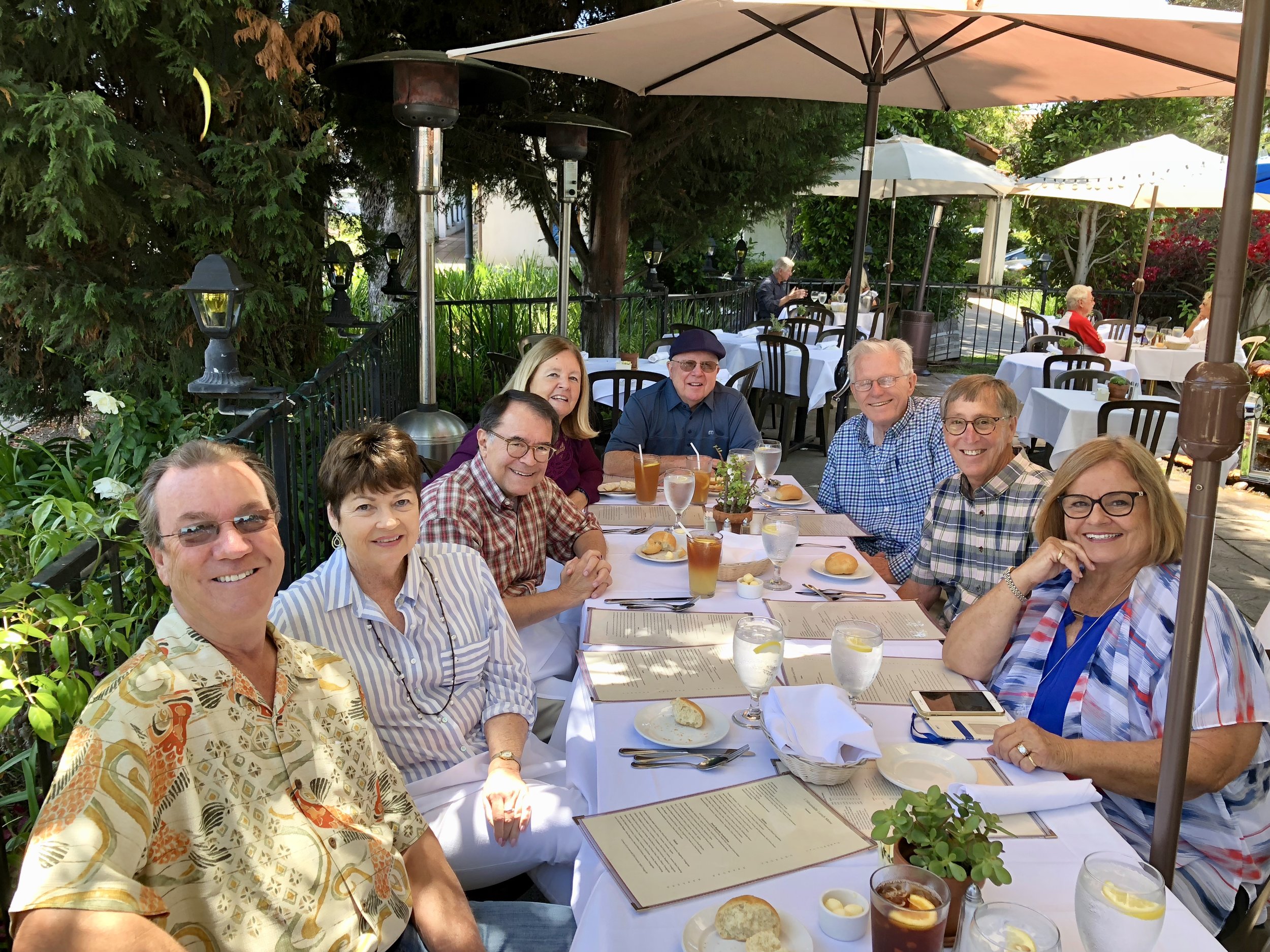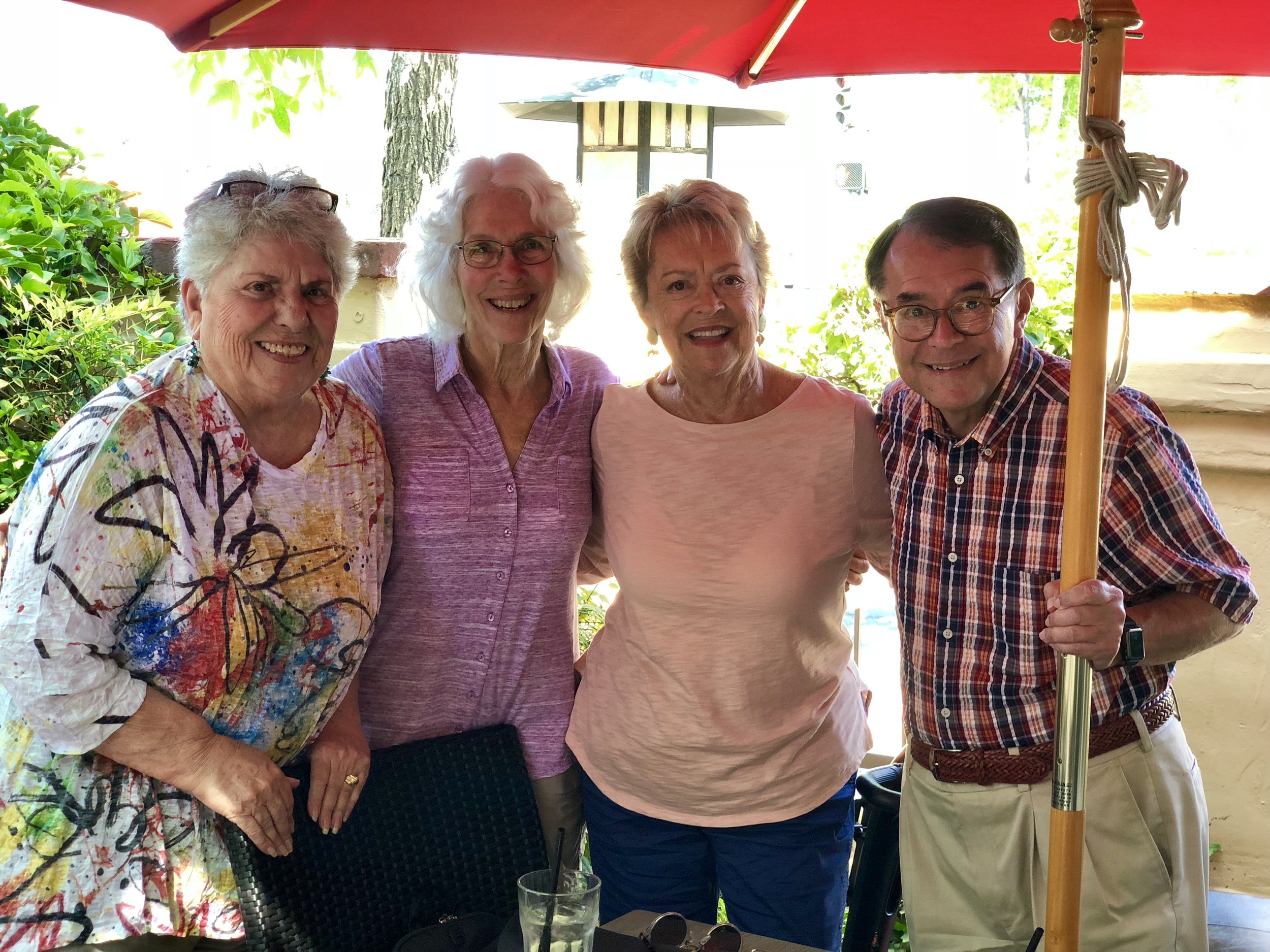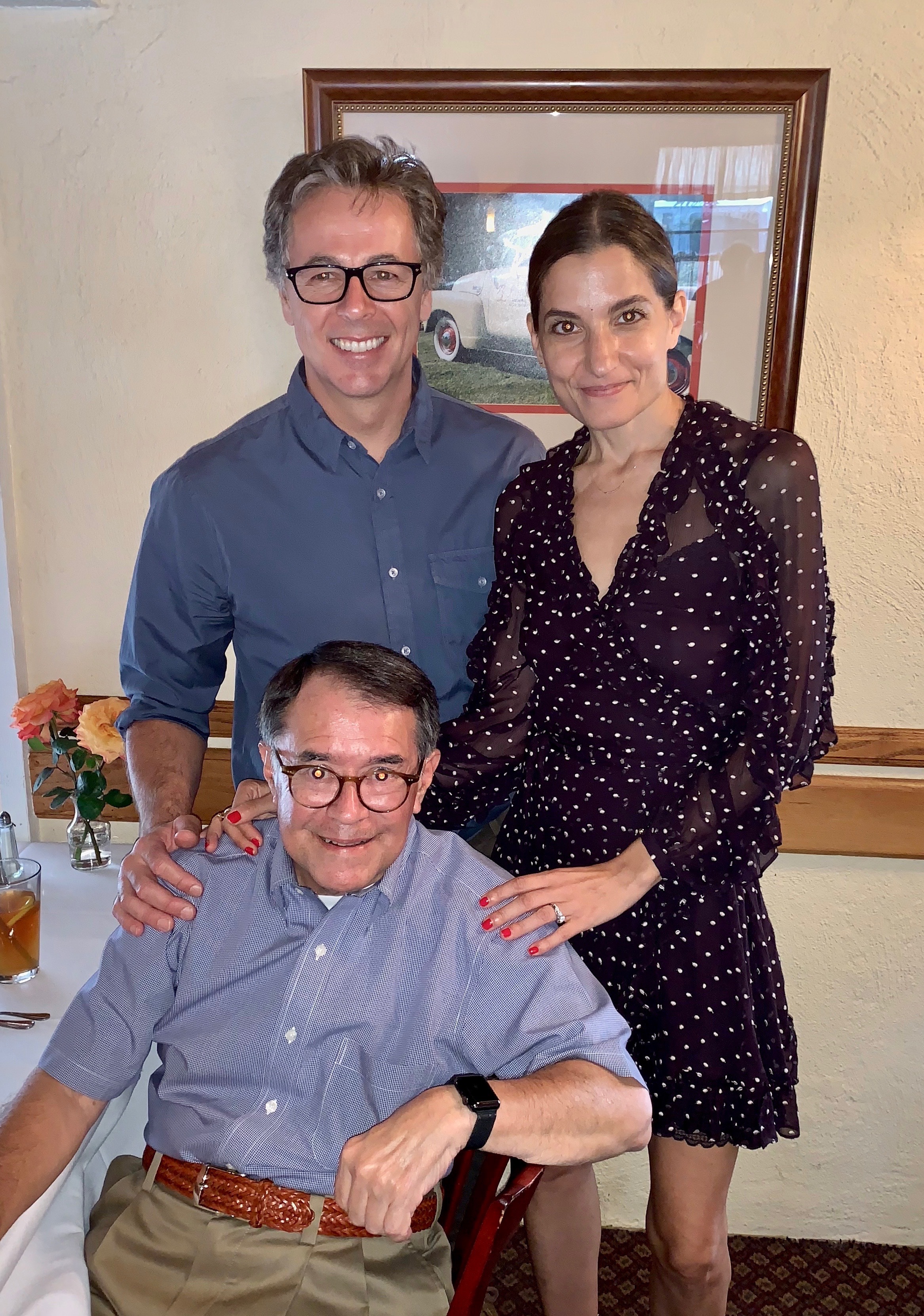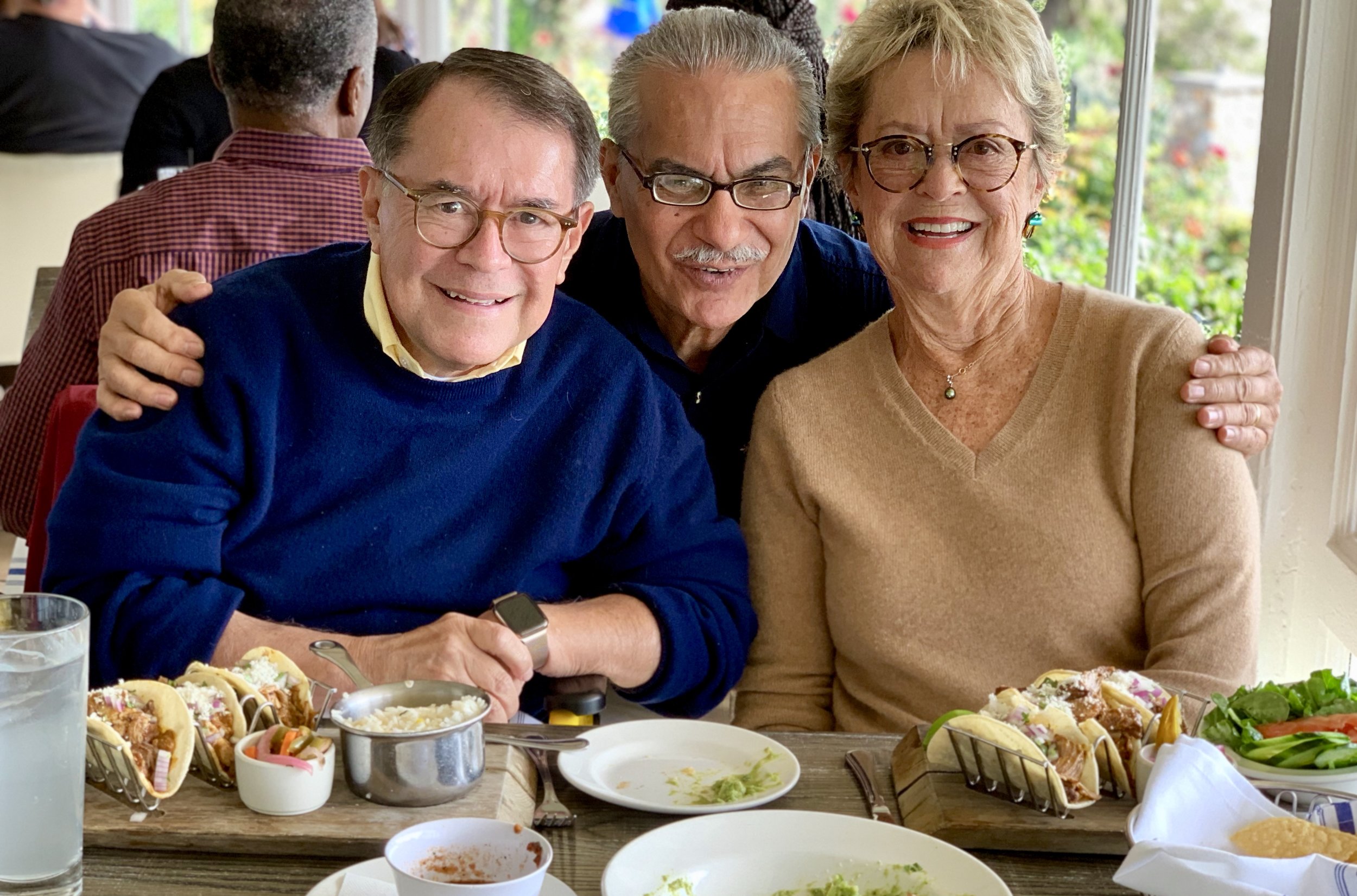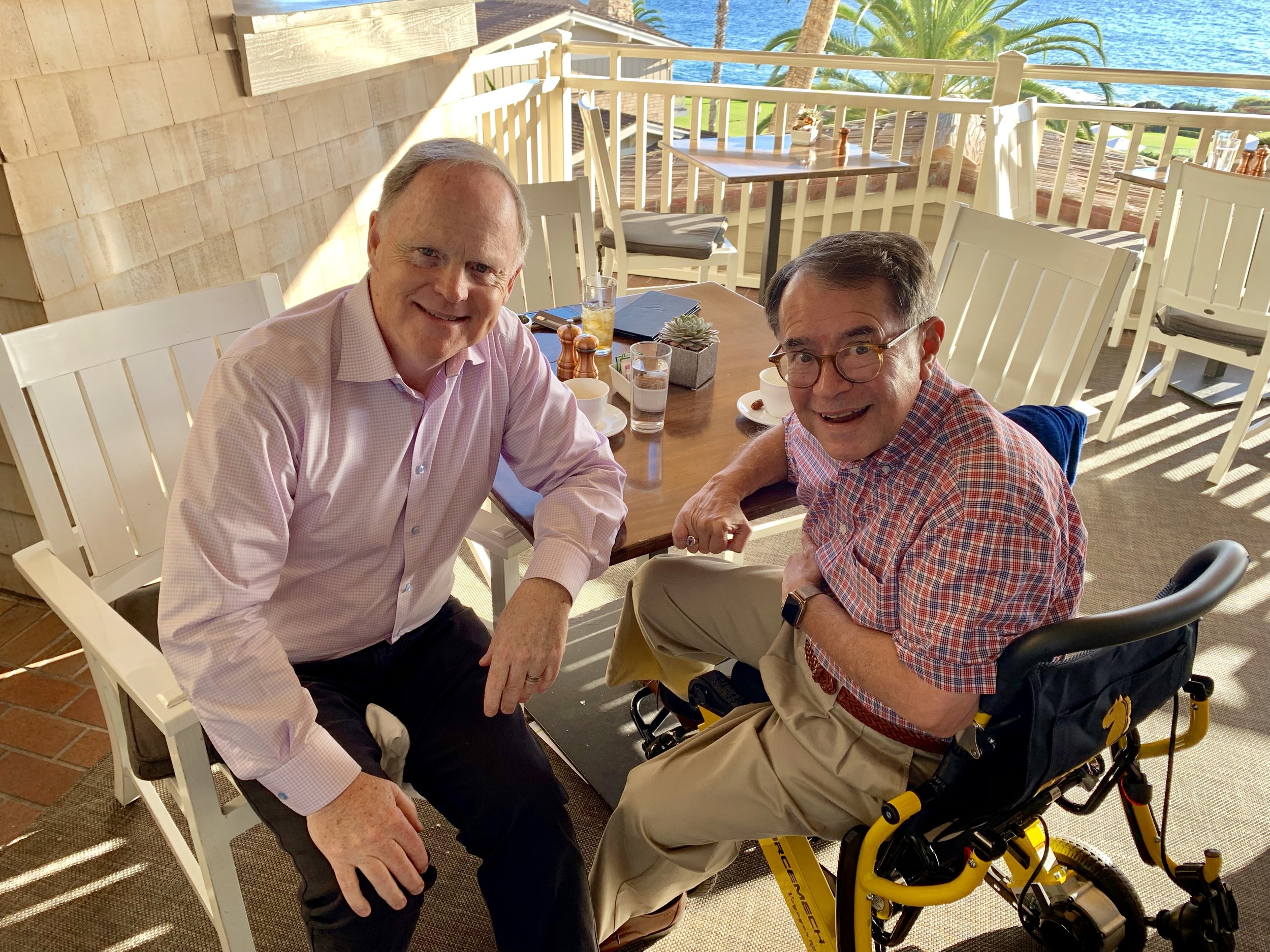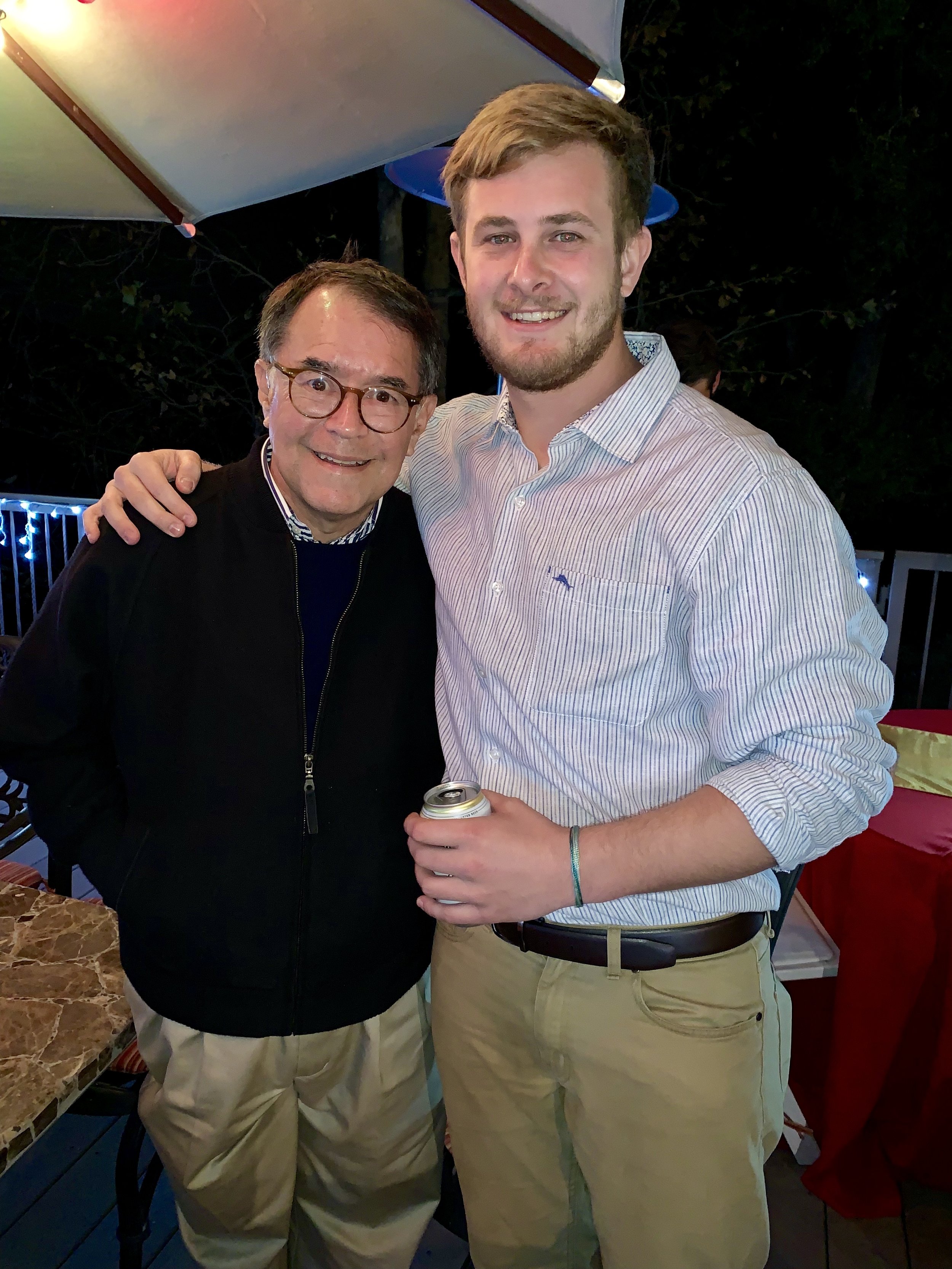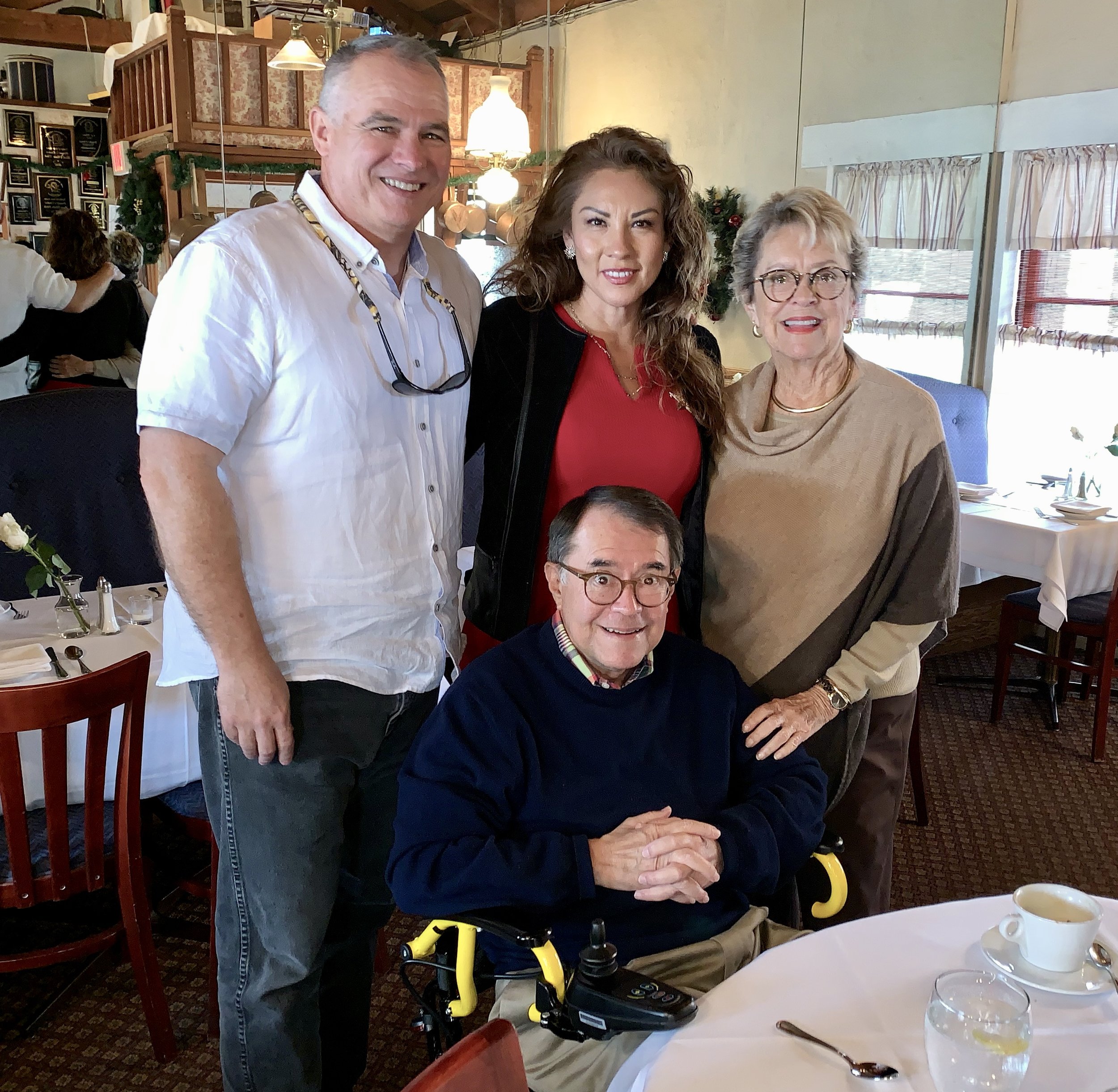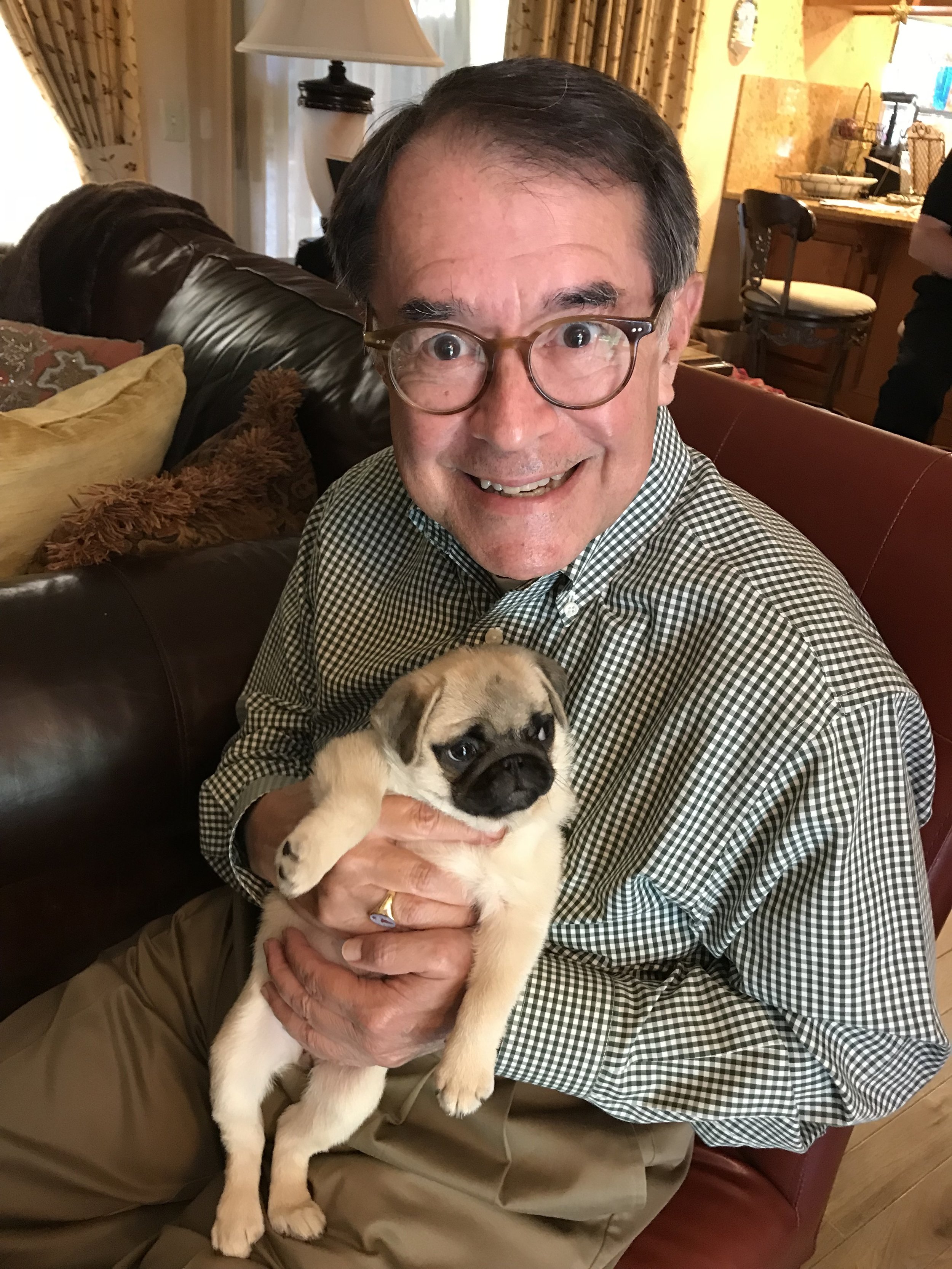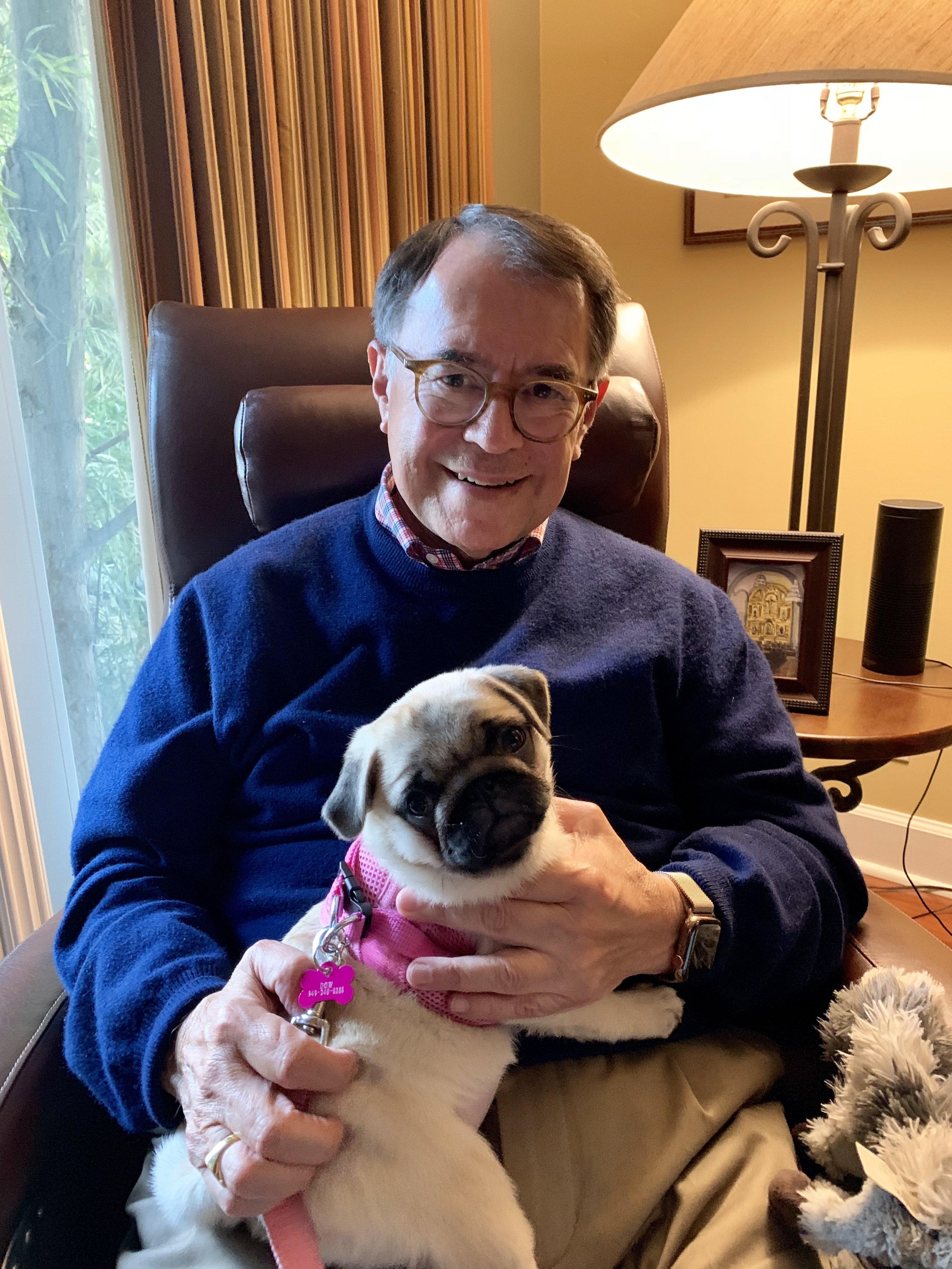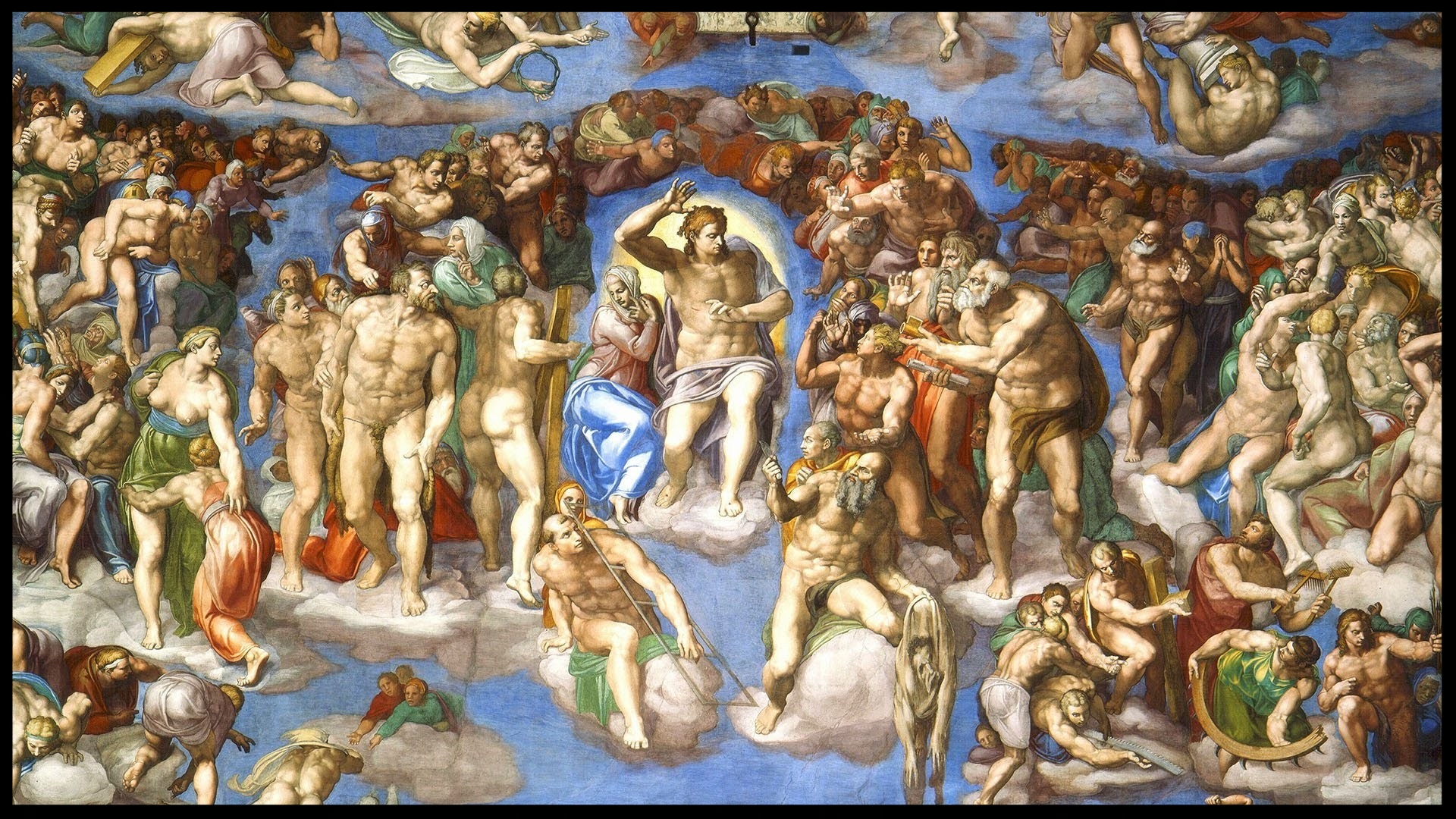One of the great privileges of every priest is to be called to share in the intimate and most personal moments in the journey of life of the people he serves. From the wailing cries of new and vigorous life in baptism to life’s final breath as we gather to mourn the death of our loved ones - each of these moments are utterly unique and moments of grace and blessing for those of us called to proclaim the gospel in the midst of life’s journey. It is sometimes a challenge for us to emotionally change gears from celebrating a baptism in the morning and then hours later to bring comfort and solace to grieving a family as they take leave of a loved one. Yet, even in these poignant and painful moments there is grace and blessing.
As I often listen to the beautiful and moving eulogies given by family and friends on the occasion of these funeral celebrations, one cannot help but wonder - what will be said of us when our moment of passing from this world to the next will come? What will be our legacy, the lasting remembrance of our lives here on earth?
As Christians you and I are called to leave a lasting mark on this world in which we have lived. God’s word which we have heard proclaimed this day speaks of the role of the Prophet in the life of the community. The Prophet is one whose life has made a difference for the good in the community in which we have lived.
Jeremiah was the conscience of Israel, calling them back to faithfulness in walking in the way of the Lord. Jesus, in the great tradition of the prophets before him, transformed our world and our lives not only by his words but far more powerfully by the witness of his life lived for others.
As the baptized, you and I have been called to share and live this same calling of the prophet in our world today. Some among us will live that identity in profoundly dramatic ways raising our voices and laying down our lives for the truth of the Gospel. For instance, Archbishop Oscar Romero, recently canonized as a saint of our church, lived his prophetic calling as a Christian eventually giving his life in defense of the poor and powerless of El Salvador.
However, the vast majority of us will live out our prophetic calling to make a difference in our world by striving to live what St. Paul spoke so eloquently about in the famous 12thchapter of his First Letter to the Corinthians which we have heard today. In a world and society that is so often caught in a cycle of violence, where the misuse of power and moral compromise has become a way of life; where the dignity and value of each person is often determined by their usefulness and productivity rather than their inherent goodness as a child of God - in the midst of this world, we are desperately in need of prophets.
We need the prophetic witness of husbands and wives who take their vows seriously and have learned the power of a love that is patient and kind - a love that can trust and hope and endure whatever may come. We need the prophetic witness of men and women in the workplace and community who do not brood over injuries but have discovered the transforming power of forbearance and forgiveness. We need the prophetic witness of youth who have come to know the power of living lives of integrity - not putting on airs, not snobbish, rude or self-seeking, but living and rejoicing in the truth - knowing that the truth will ultimately set us free to fashion a better and more just world.
My brothers and sisters, let us pray for the grace and strength to live the life of the prophet in our families, neighborhoods, jobs and communities. May that truly be our lasting and greatest legacy as followers of the Lord.


